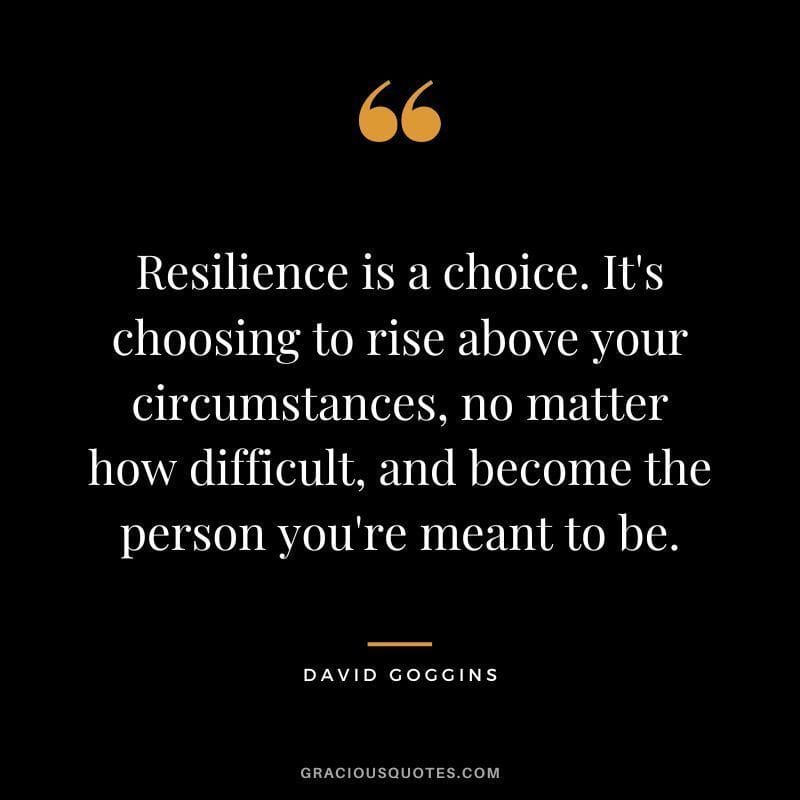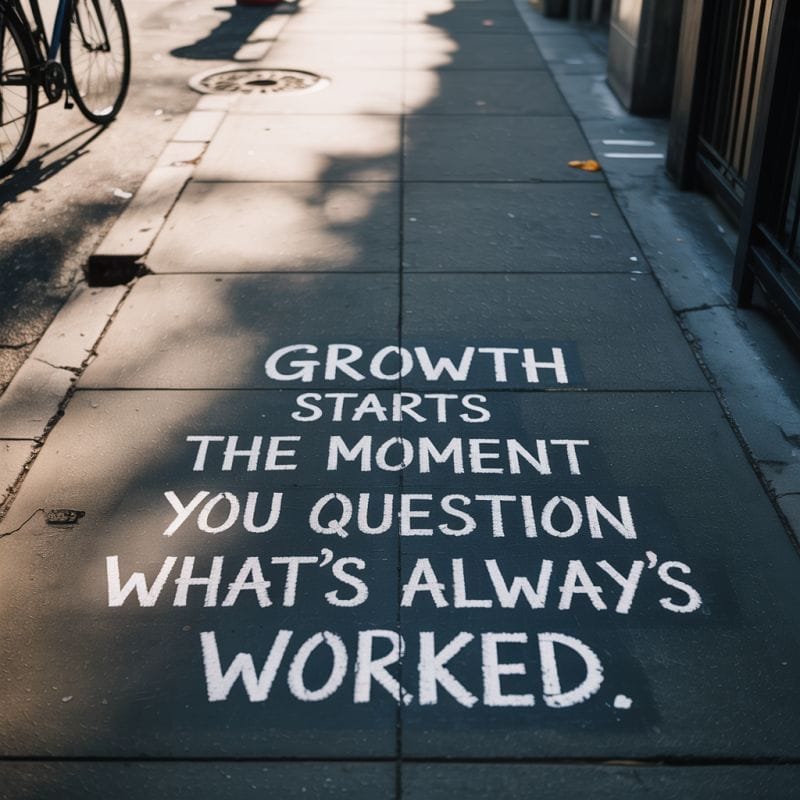Fear is Temporary.
Regret is Forever.
7 ways to use regret to improve your life:
1/ Create a "Regret Resume"
List your top regrets to gain clarity and identify patterns in your behaviors or actions that you want to adjust.
2/ Lead with Forgiveness
Let go of grudges and self-blame to free yourself from the negative impact of regret and promote healing, both for yourself and others.
3/ Classify the Regret
Use Pink's "four core regrets" framework—foundation (not doing the work), boldness (not taking chances), moral (not doing the right thing), and connection (not reaching out)—to tailor your actions accordingly.
4/ Conduct a "Pre-mortem"
Before making significant decisions, imagine potential regrets and take proactive steps to mitigate them. This includes seeking advice, setting clear expectations, or creating contingency plans.
5/ Fuel Positive Change
Create a "regret to-do list" by identifying actions to address your regrets and make positive changes. Break these actions into small, manageable steps and hold yourself accountable.
6/ Be Courageous
Recognize that we tend to regret actions in the short term but regret inactions (missed opportunities) much more in the long term. Take bold actions to minimize long-term regrets of inaction.
7/ Practice Self-Compassion
Be kind and understanding toward yourself when you experience regret. Remember that everyone makes mistakes and has regrets—it's part of being human!
These insights are inspired by Dan Pink's book "The Power of Regret" and brought to you by Omar's Desk.
PS: The #1 regret: "I wish I'd had the courage to live a life true to myself, not the life others expected of me."

